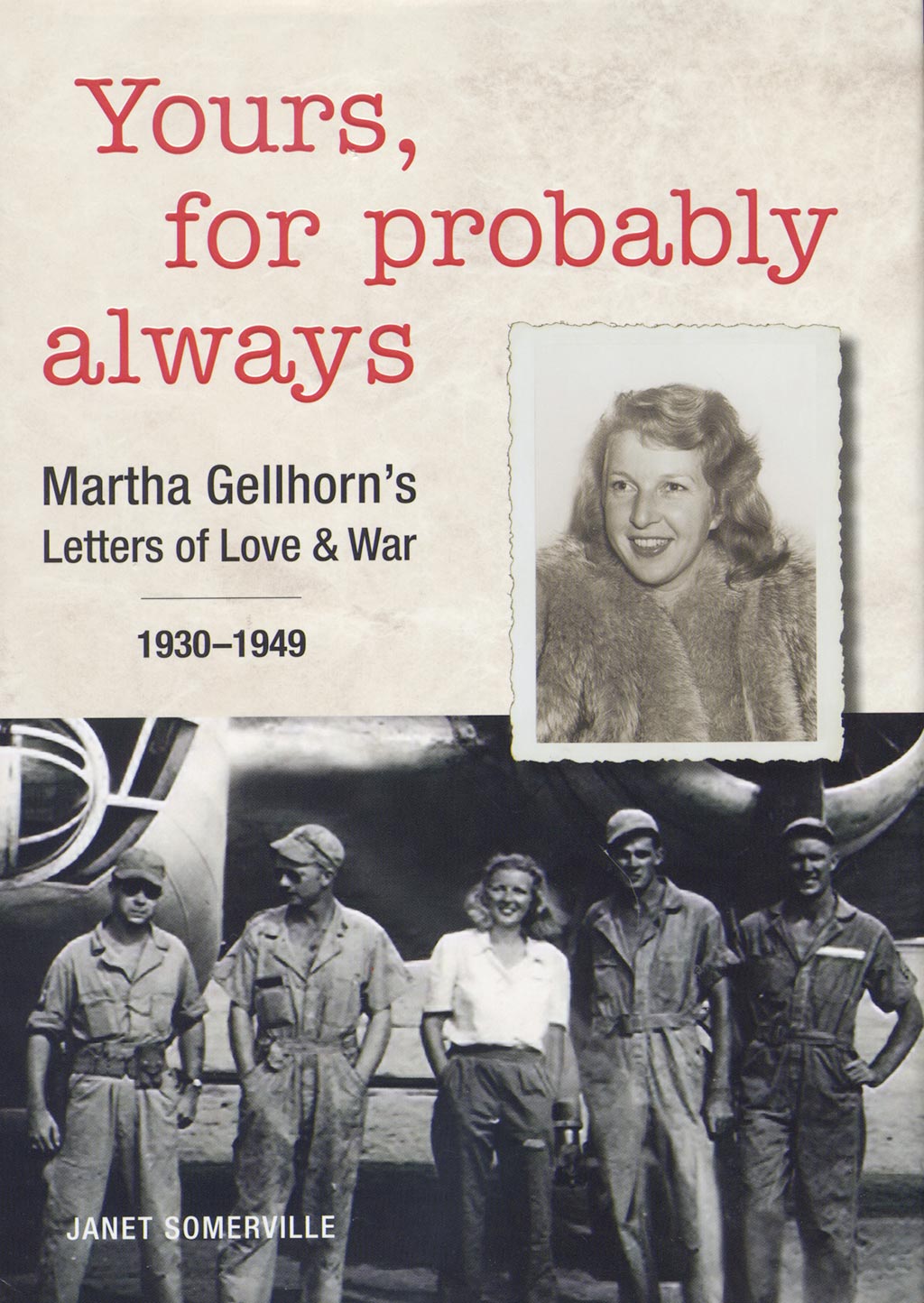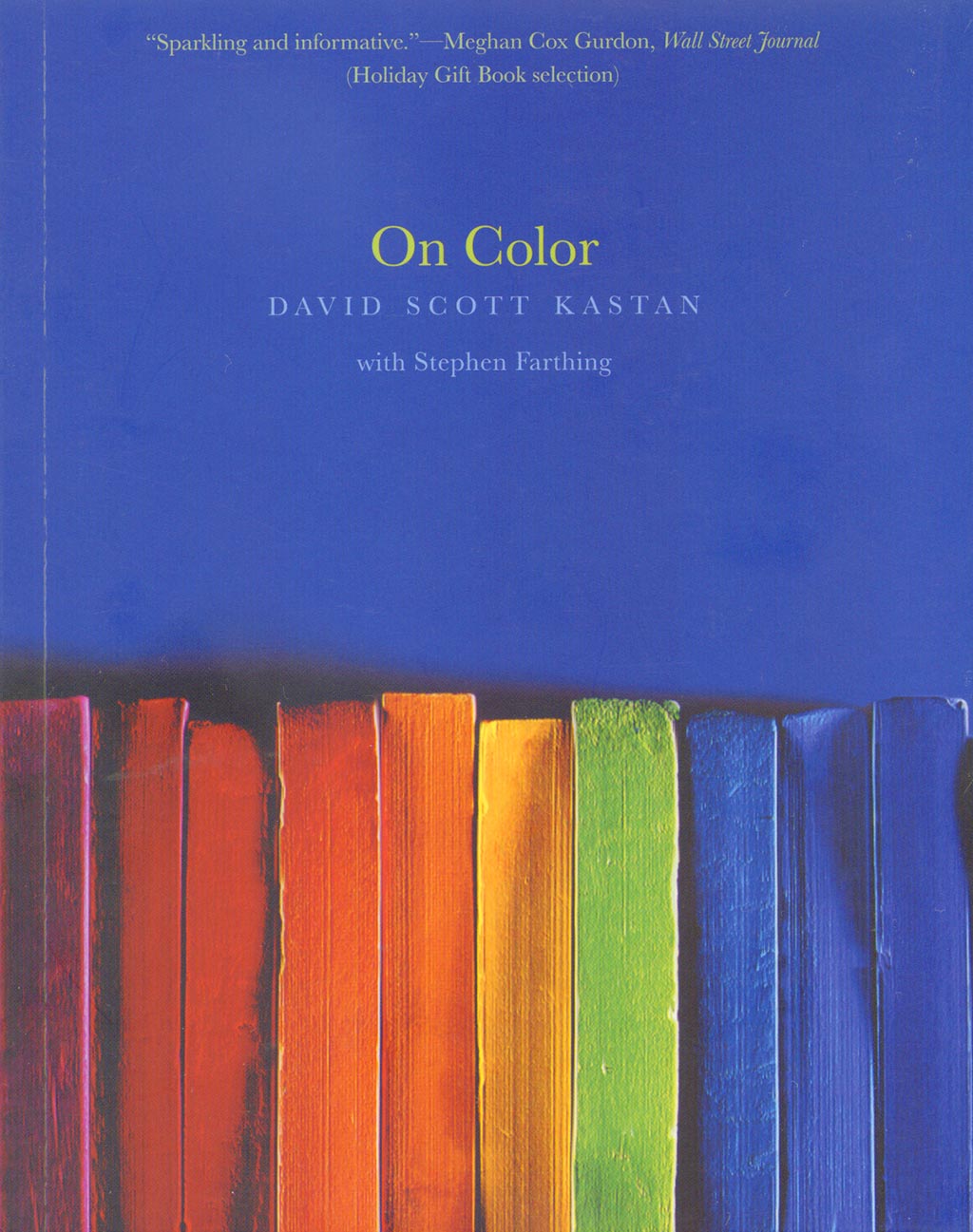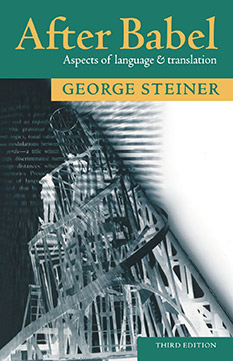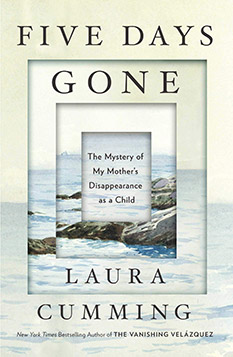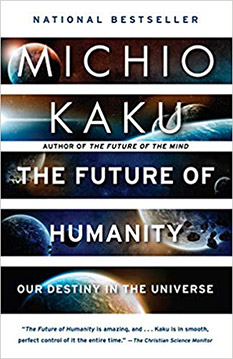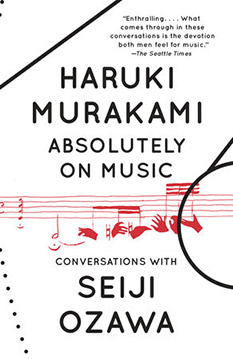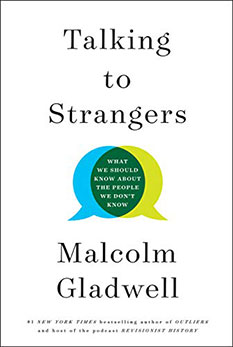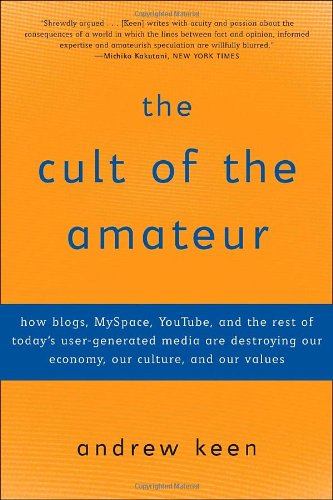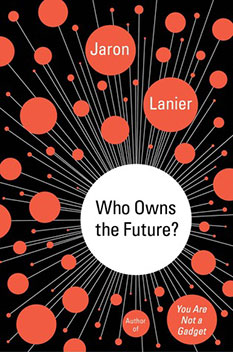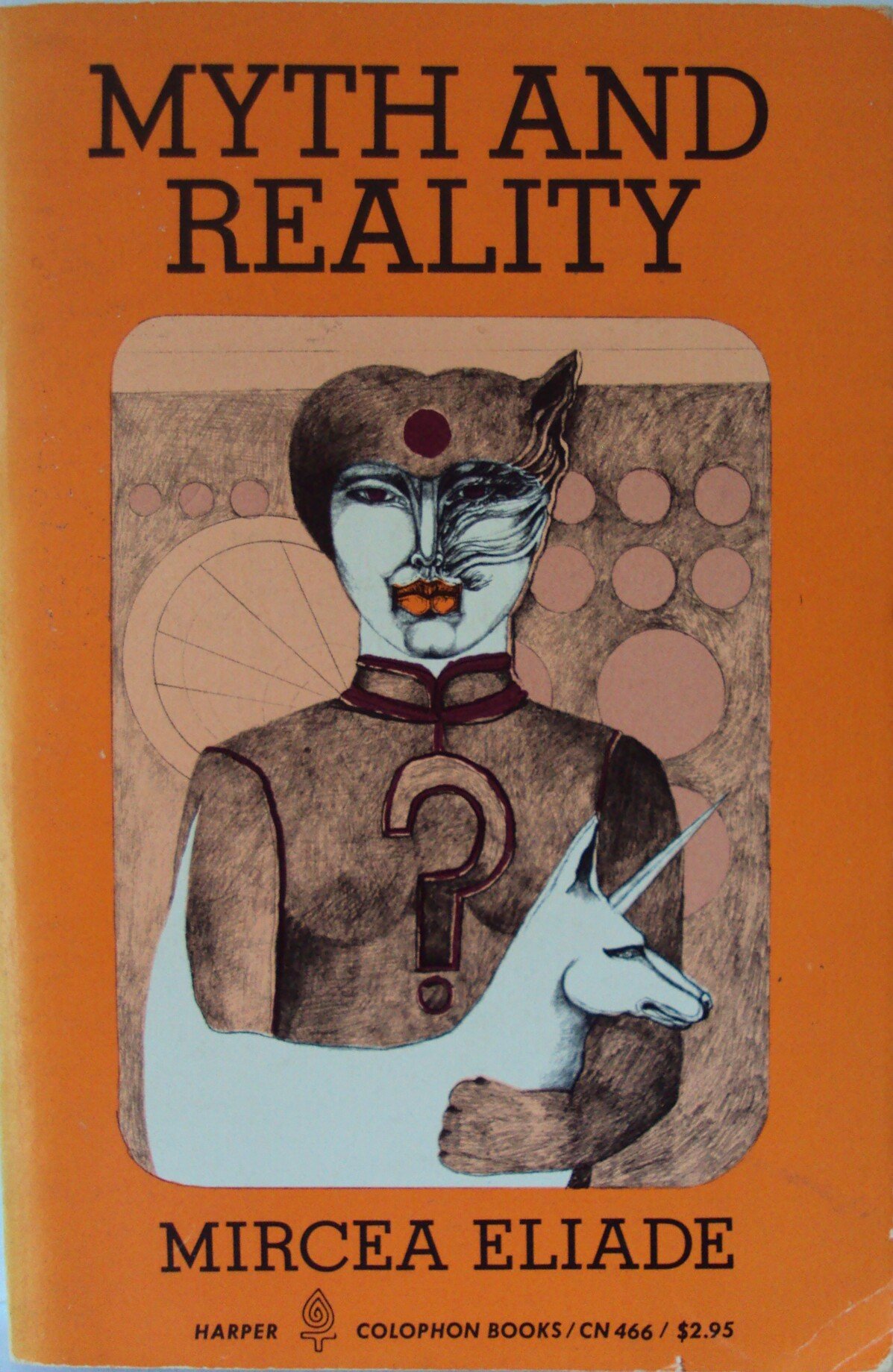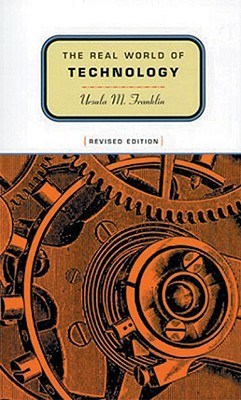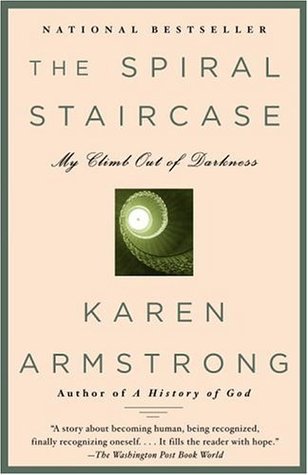This is a curated collection of letters both from Martha Gellhorn and addressed to her from a variety of correspondents, most notably H. G. Wells and Eleanor Roosevelt, interpolated with Janet Somerville’s contextual notes. The overall effect is much like a tragic epistolary novel of grand dimensions.
Tag: Non-fiction
Zadie Smith and Intimations of “Real Suffering”
Popular discourse has thought closely about privilege, but is utterly vapid when it comes to suffering. While it’s true that writers almost universally address suffering as an experience, almost none address it as a discursive category.
On Color, by David Scott Kastan with Stephen Farthing
On Color is organized into 10 chapters—one chapter for each colour of the rainbow (arbitrarily set at seven by Sir Isaac Newton) plus a chapter each for black, white, and grey. Each chapter engages us in a wide-ranging, often erudite, and largely aleatory meditation. It is the work of a mind at play.
After Babel, the photograph?
The following commentary considers After Babel: Aspects of Language and Translation, by George Steiner and asks whether it has anything to say about non-verbal forms of communication, most notably photography.
Five Days Gone, by Laura Cumming
Five Days Gone: The Mystery of My Mother’s Disappearance as a Child, by Laura Cumming When Elizabeth Cumming was 60 years old, she discovered that, as a young child, she had been kidnapped. In 1929, when she was only three years old, someone had lured her from the beach at Chapel St. Leonards, the Lincolnshire…
The Future of Humanity, by Michio Kaku
In tone and general outlook, Kaku’s book reminds me of I. M. Levitt’s 1956 book, A Space Traveller’s Guide To Mars. Although published more than 60 years apart, the books share a sentiment of optimism, an absolute faith in technology’s capacity to overcome all obstacles, and a penchant for the speculative.
Absolutely on Music, by Haruki Murakami
Absolutely On Music is a series of conversations between novelist Haruki Murakami and conductor Seiji Ozawa. I was too young to remember when Seiji Ozawa was conductor of the Toronto Symphony Orchestra (1965-1969).
Talking To Strangers, by Malcolm Gladwell
Malcolm Gladwell is a public intellectual for people who don’t feel any pressing compunction to think.
The Cult of the Amateur
When cultural commentary turns its gaze to online technologies, it grows dated in the blink of an eye. It’s like watching Joan Rivers and the accelerating pace of her plastic surgeries. The minute one thing gets tacked in place, something else droops.
Stay, by Jennifer Michael Hecht
Stay: A History of Suicide and the Philosophies Against It by Jennifer Michael Hecht (Yale University Press, 2013) is an odd book. It’s odd in that there seems to be a divide between what it claims to be and what it is. Note that I didn’t say it’s a bad book. It’s a good book. But it’s not the book it thinks it is.
Who Owns The Future, by Jaron Lanier
Following Jaron Lanier’s advice, I’ve taken a summer sabbatical from social media. His advice comes from his latest book, Who Owns The Future? I’m pleased to report that, as promised in his book, the curtailing of my social media habits has not resulted in any nasty consequences.
Mircea Eliade – Myth and Reality
Fifty years ago, Mircea Eliade published Myth and Reality in which he explored the function of myth in a wide-ranging sample of cultures and religious contexts. His writing cut across the traditionally established boundaries that divide a number of disciplines: anthropology, history, religious studies, cultural studies.
Cage Match: Jonathan Franzen vs Ursula Franklin
It’s been a long time since I last held a cage match here at nouspique—where I throw disparate thinkers into collision with one another and see if anything shakes loose. With the furor which has arisen since Jonathan Franzen’s disparaging comments about ebooks, I have decided to resurrect the practice.
Poem: Thanks a shitload, Karen Armstrong
This is a poetic response to some passages I read in The Spiral Staircase: My Climb out of Darkness, a memoir by Karen Armstrong.
The Guardian’s 100 greatest non-fiction books
Almost as if in answer to my “Full Catastrophe Reading” post of June 13th, The Guardian published “The 100 greatest non-fiction books” on the following day. In my post, I had suggested that, to read well, we must be fully awake to the texts we encounter.
